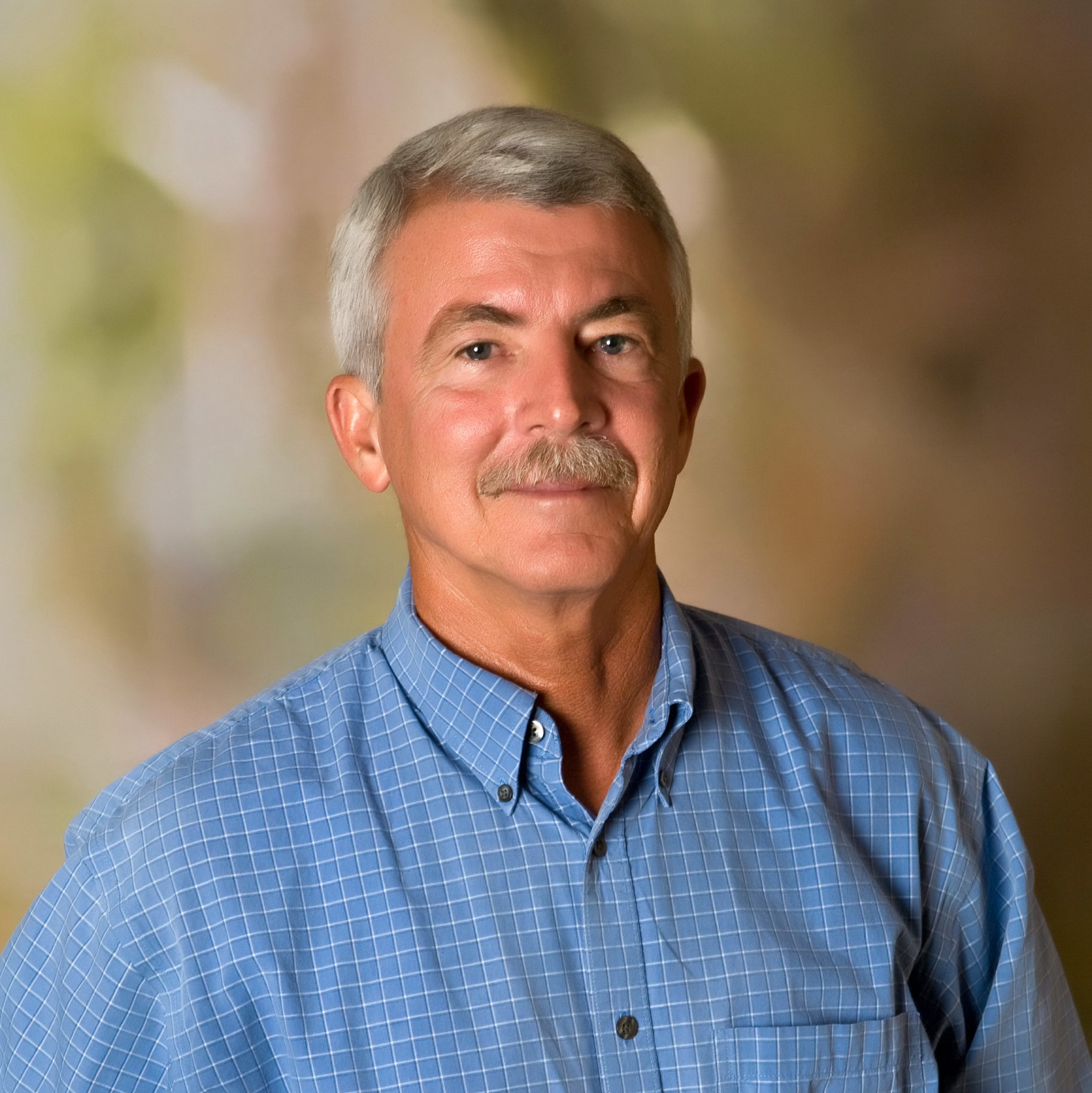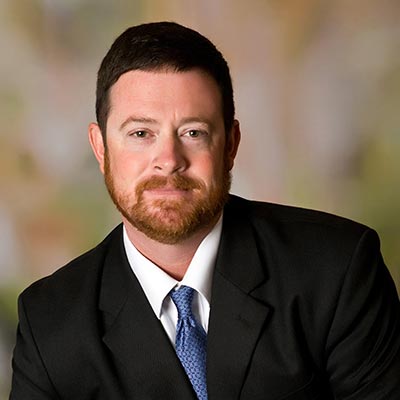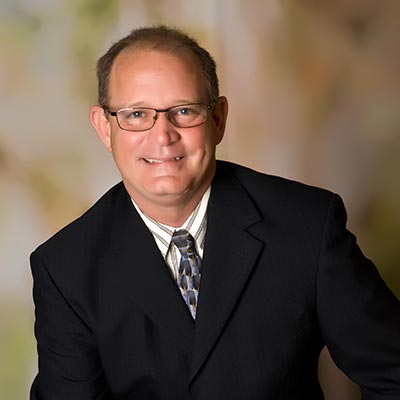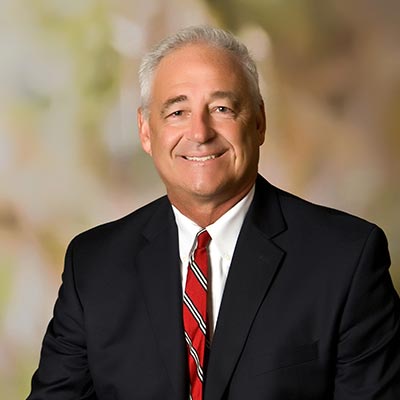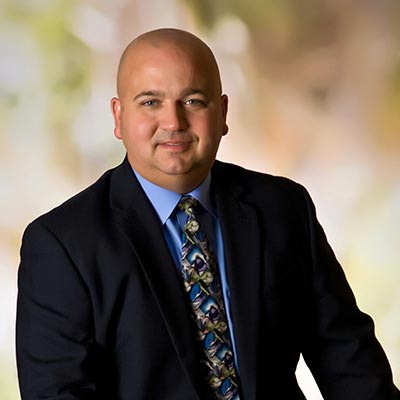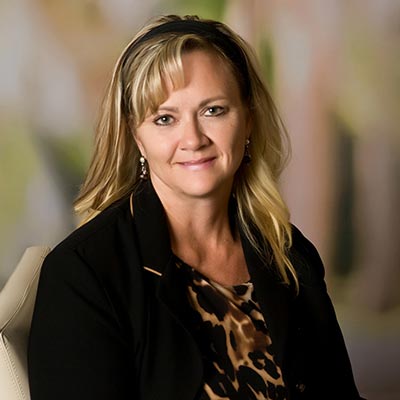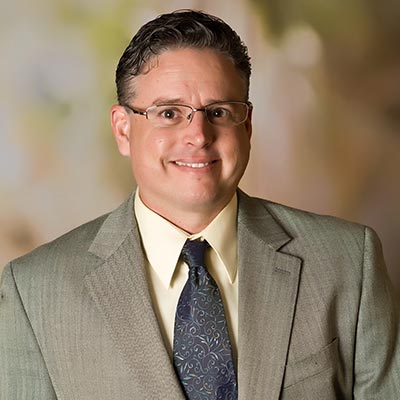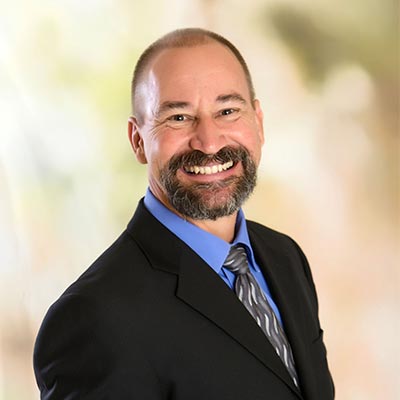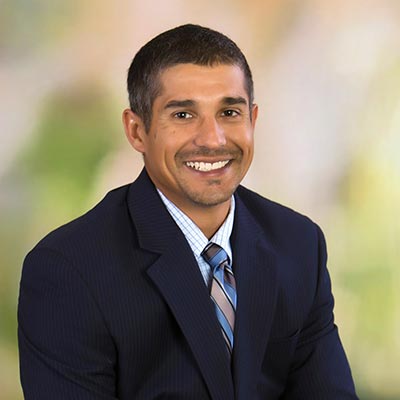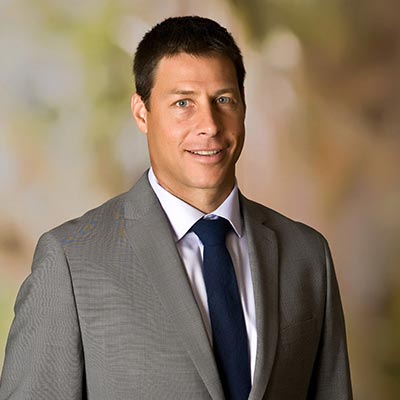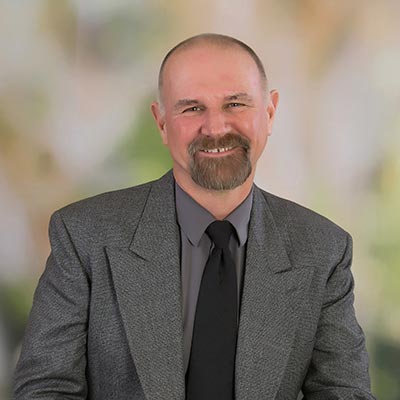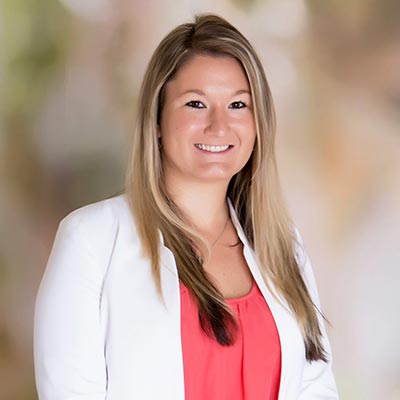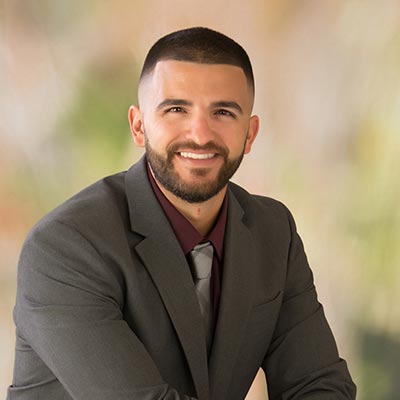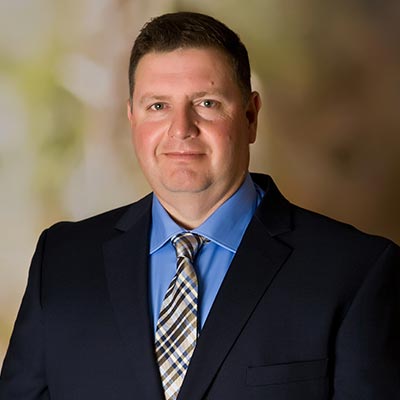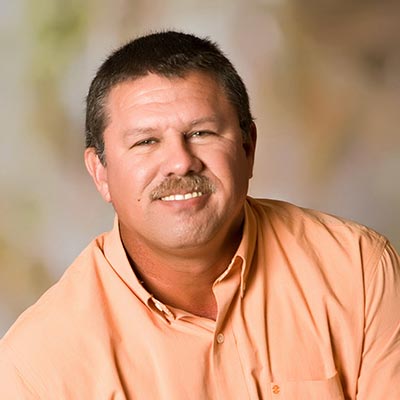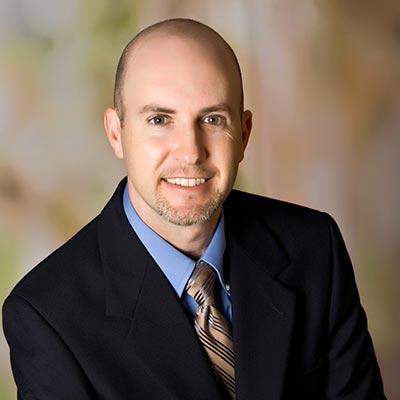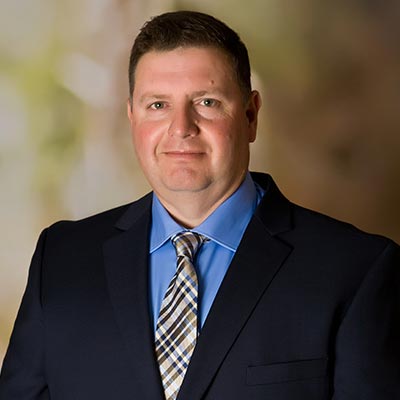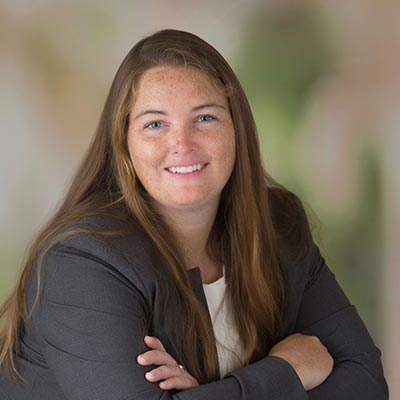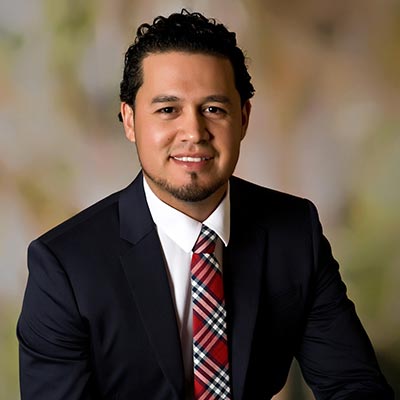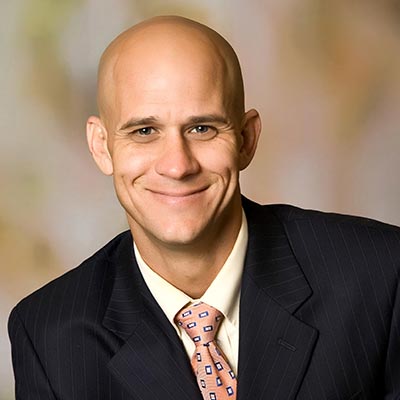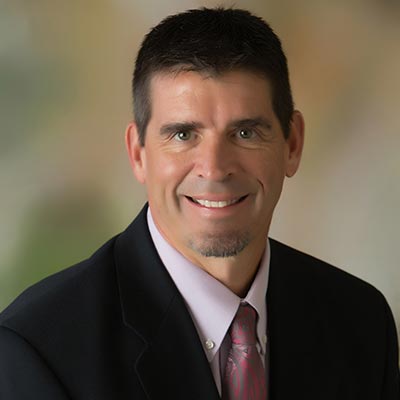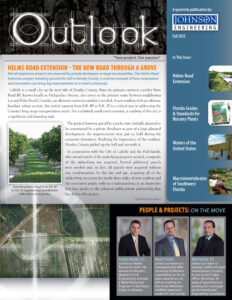 Is the property you own an upland or a wetland. If it is a wetland, is it regulated. These may seem like simple questions to answer. The fewer types of land covers there are, it seems the more challenging the categorization is in the field. With only two major types, a lot of work must go into defining the natural features that are wetlands and then complicate the division further for those regulated by the federal government and those that are not. During the early days of regulation, the federal definition included lakes and streams that were navigable and useful for commerce. Additions were made over time to include wetland features that directly connected to navigable waters, wetland features that were within a short distance of the regulated waterway, and wetlands that might be used by migratory birds.
Is the property you own an upland or a wetland. If it is a wetland, is it regulated. These may seem like simple questions to answer. The fewer types of land covers there are, it seems the more challenging the categorization is in the field. With only two major types, a lot of work must go into defining the natural features that are wetlands and then complicate the division further for those regulated by the federal government and those that are not. During the early days of regulation, the federal definition included lakes and streams that were navigable and useful for commerce. Additions were made over time to include wetland features that directly connected to navigable waters, wetland features that were within a short distance of the regulated waterway, and wetlands that might be used by migratory birds.
There have been several court cases which have provided guidance to further define the regulations. During the past couple of years, the Environmental Protection Agency (EPA) and the United States Army Corps of Engineers (USACE) have worked on a document intending to clarify some of the previous rules and guidance. One of the clarifications, which may have far reaching changes to jurisdiction in South Florida, is the new distance of waters (wetlands) within 4,000 feet of Interstate Commerce Waters. This may be considered jurisdictional if the water has a “significant nexus” as compared to the previous 300 feet referenced in a court case. Another broadening of the possible jurisdictional area is to include all waters within the 100-year floodplain of an Interstate Commerce Water. As an example, much of northeast Lee County is in the 100-year floodplain, as is most of Collier County with the FEMA AH flood zone classification, and most of Hendry County, which is in a FEMA Zone A. There are many more details yet to be determined.
The new regulations became effective 60 days after it was published on June 29, 2015 in the Federal Register. While it could be said the regulations are in effect in late August 2015, lawsuits to stop, overturn, or redo the new rule have already been filed. One more time, we will wait and see the final result.
For more information, contact Andy Tilton, P.E. or Laura Brady Herrero at [email protected].








